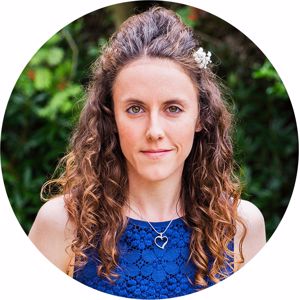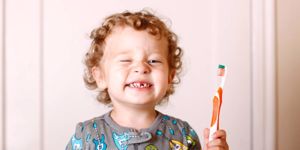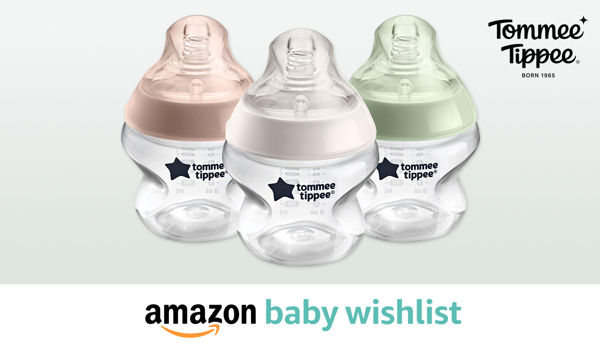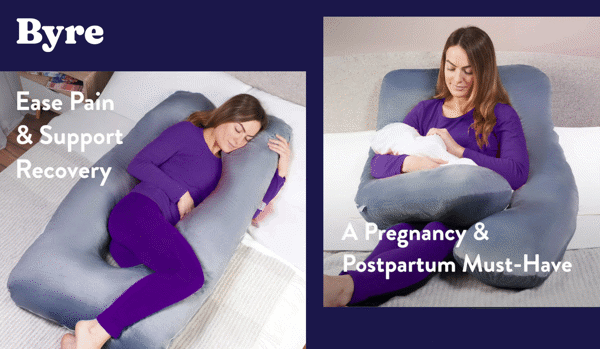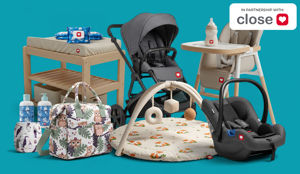In this article today I am going to be discussing ways in which you can help encourage your little ones to get into good habits regarding their teeth cleaning, especially at a young age if you dispel any fears or anxieties, it would be easier in the long run. Lots of parents have problems with children who simply don’t like to clean their teeth, so perhaps my hints and tips can advise you into good practices early on.
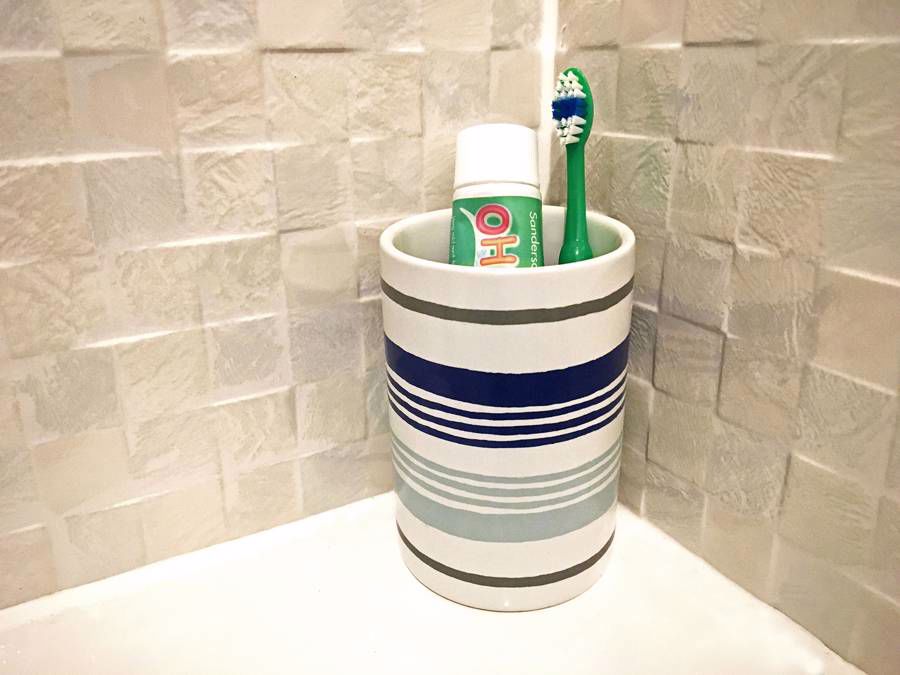
Helping Your Little One Learn about the Importance of Brushing Their Teeth
We all know how important teeth are, the first set remain with us for so many years as children and it’s imperative that we look after them from the beginning. As the adults and parents we have a duty of care to our little ones and ensuring they learn good practices too. If we can start at a young age our children should keep up the same good habits as they grow up. You all know what your own children are like, so if you need to create a reward chart for an older child or you need help getting a brush into a toddler’s mouth, I hope I can give you some food for thought from my own experiences.
At a young age my little one would often watch me brushing my teeth in my en-suite bathroom, one reason I think was the sound it makes, and also the fact that I use an electric toothbrush. The smell of mint was another thing he seemed to enjoy from an early age. My son let me brush his teeth without issue most of the time, but when he had any reluctance I either pretended his brush was electric like mine, making the noises with my own mouth, or I asked him if he wanted to help me brush my teeth, or if he wanted to do it himself. Allowing him to help with this and interact on his terms then attracted his interest.
My son had cut several teeth from the age of eight months, and they came thick and fast afterwards. Every child is different but I knew how important it was to brush his teeth during the weaning phase, especially when we moved on to sugary things like fruits. You can get tiny toothbrushes or even wipes now for babies gums if you’re struggling to brush a young baby’s mouth.
Until he reached a year of age he didn’t understand that the brush was purely his, but once he realised only he used it, he became quite protective over it. I also verbally told him during our routine when it was time to “Clean his teeth” or “Brush his teeth” and every time he heard those words he knew what was going to happen. More often than not he would walk into the bathroom to his own pot, pick up the brush and the toothpaste and hand them to me. Then once applied I would ask whether he wanted mummy to do his teeth or was he going to try it. It varies day to day as to whether or not he wants to, depending on how tired he is usually.
My son is now eighteen months of age, and for the majority of the time cleaning his teeth is a happy and funny occasion. He is even getting the hang of a bit of spitting, although when that happens I would recommend you all get a small towel at the ready!
Tips and Tricks for Teeth Brushing
My parents told me that when I was born I already had a tooth, and I began teething overall at a very early age and gained all of my teeth ahead of schedule. Within a few months of my son being born he showed signs of teething, and before he reached eight months of age he had cut three teeth, and had four more showing already. Knowing it was important for him to get used to us cleaning his fresh teeth, I began to try different things in order to encourage him to let me.
Children love having fun experiences and if they can interact with things then even better. Don’t be afraid of your little one wanting to chew on the tooth brush bristles, just keep an eye on them and if they start to fall out then get a new brush. Baby brushes always need to be soft.
Tip Number One: From A Young Age Show Them What You Do. Brushing your teeth in front of your baby will show them that it is a normal and regular thing to do. That way they shouldn’t be frightened of a toothbrush when their time comes.
Tip Number Two: When Baby Gets A Tooth Show Them. Use a mirror to show them their own teeth and when they show an interest in your mouth show them all of your teeth as well. When brushing you can use a mirror to show baby exactly what you’re doing to their teeth.
Tip Number Three: If Brushing Is Difficult Allow Them To Bite Their Brush. If they’re less than eighteen months old don’t worry about them biting the brush, because getting used to the taste and the feel of the brush inside their mouth is important.
Tip Number Four: Encourage Brushing By Using Your Imagination. I’m sure there are Animals that have big teeth in books you have read together, so show your little one the teeth in the books and suggest that the animal brushes too, like a lion! Use your imagination and encourage them to let you brush their teeth. Even if that means becoming an animal yourself!
Tip Number Five: Pretend! You could even pretend that their toothbrush is electric, especially if you use one of those for your teeth, make the noise and wiggle the brush about as if it were like your own, and then see if they’re happy to try it.
Interesting Facts about Baby Teeth
Fact One: You only need to use a soft-bristled brush on baby’s gums and first teeth.
Fact Two: A smear of toothpaste is all that is required on a baby’s toothbrush until they pass eighteen months of age. Your baby should be encouraged to swallow their toothpaste and then after they pass eighteen months they can start to spit the toothpaste bubbles out. You increase the amount to the size of a small pea once they’ve mastered the art of spitting it out.
Fact Three: You need to use children's fluoride toothpaste that contains no less than 1,000ppm of fluoride (always check the label). My health visitor gave us our first one. Larger Boots stores have a great selection of brushes and pastes and all in one baby-related section.
Fact Four: Lots of people don’t realise that even as a baby, teeth should be brushed twice a day and every day, anytime in a morning and usually half an hour after your last mouthful of food in an evening, before bed is best.
Fact Five: When you brush your little one's teeth it should always be done in a gentle circular motion, remember to do the teeth and the gums softly.
Fact Six: It may sound like common sense, but don’t leave your little one alone or unsupervised with either toothpaste or toothbrush. Brushes can be dangerous if baby was to fall over with it inside their mouth. Always supervise brushing even when they seem to know what to do, make sure you’re the one who handles the amount of toothpaste being applied and don’t let them lick or bite on an open tube.
Thank you for reading this article today, I do hope that I have given you some inspiration about brushing a little humans tooth!

